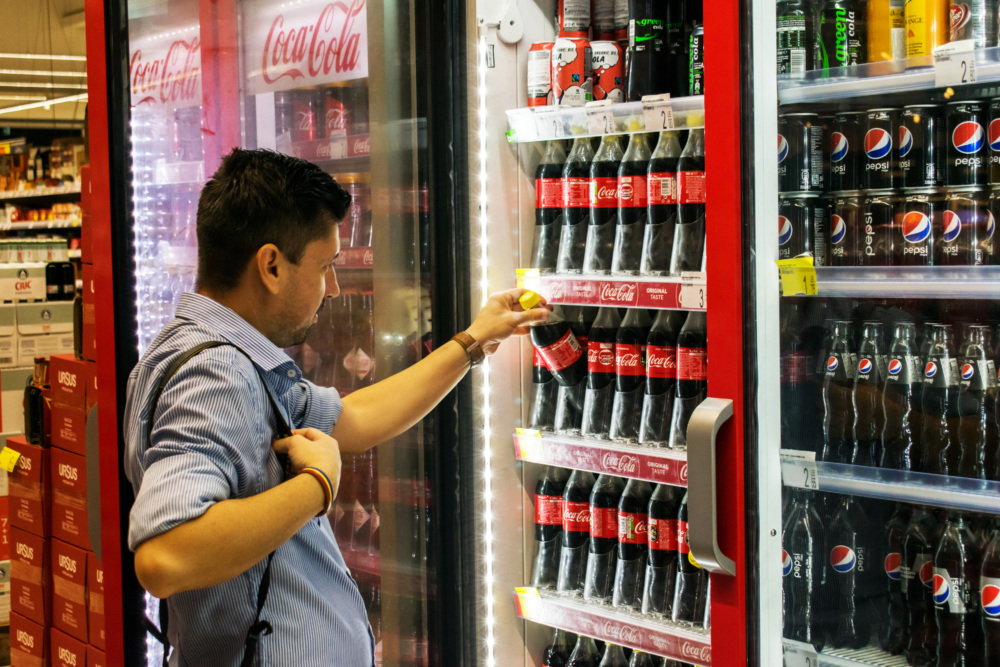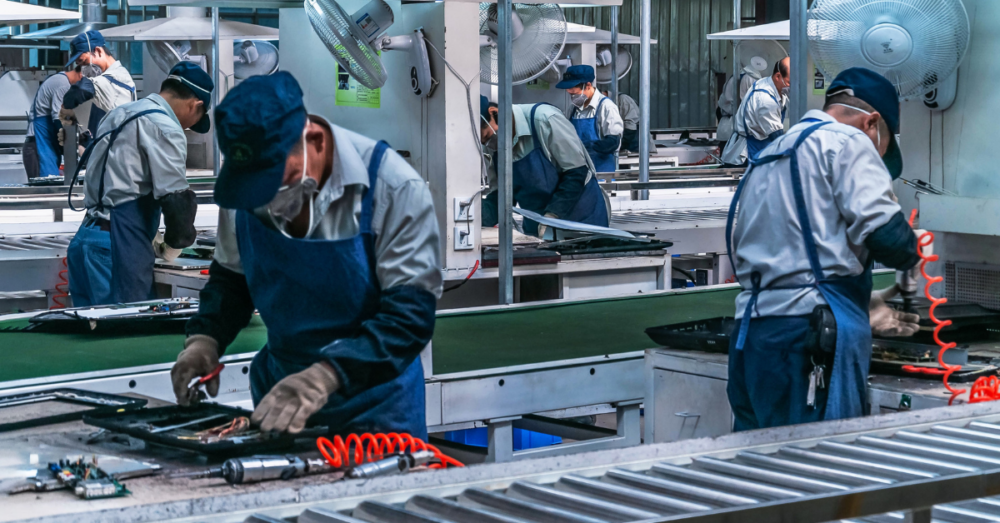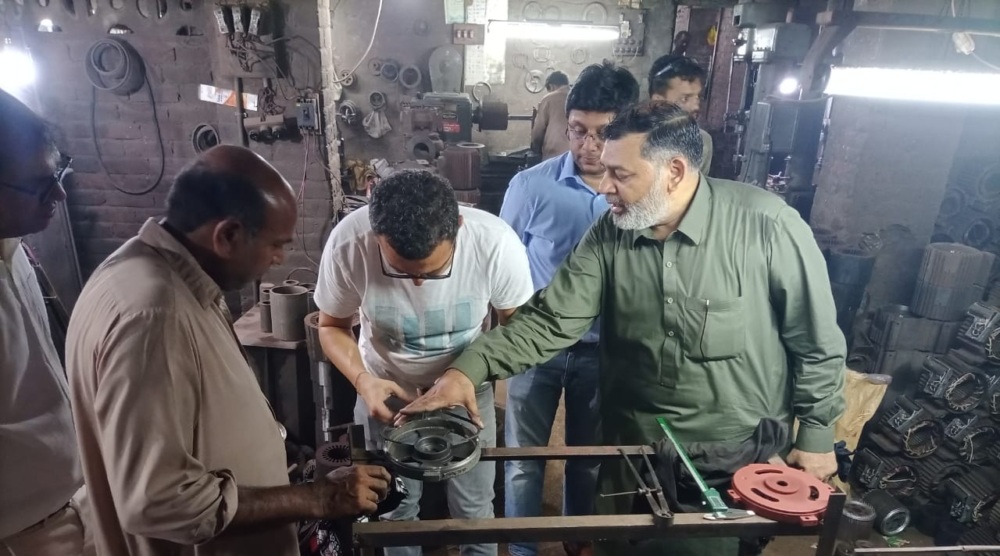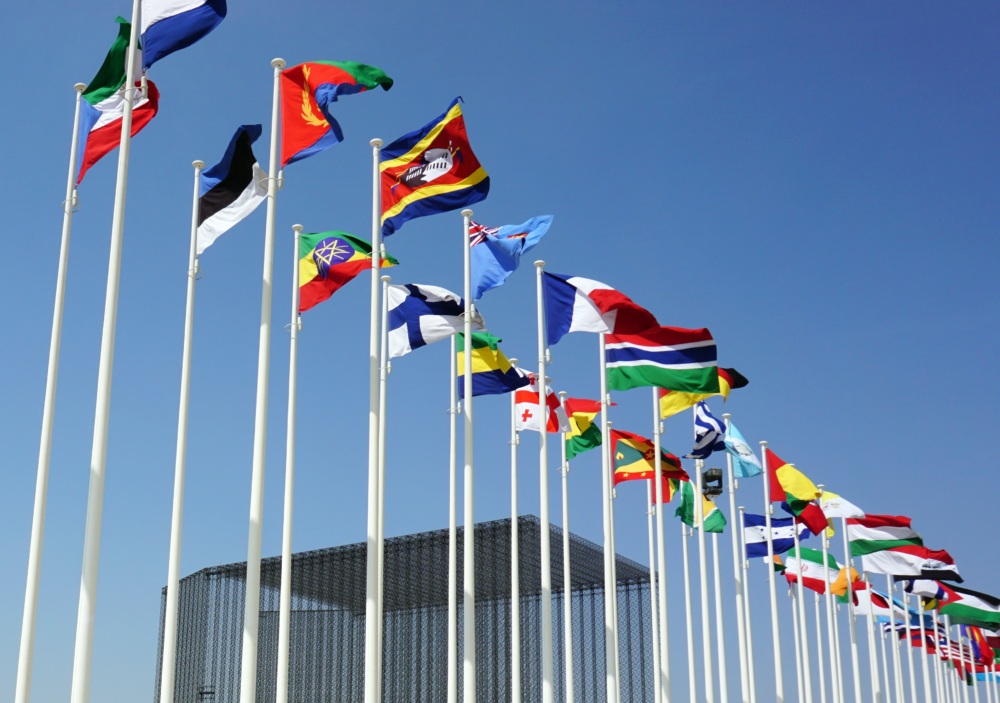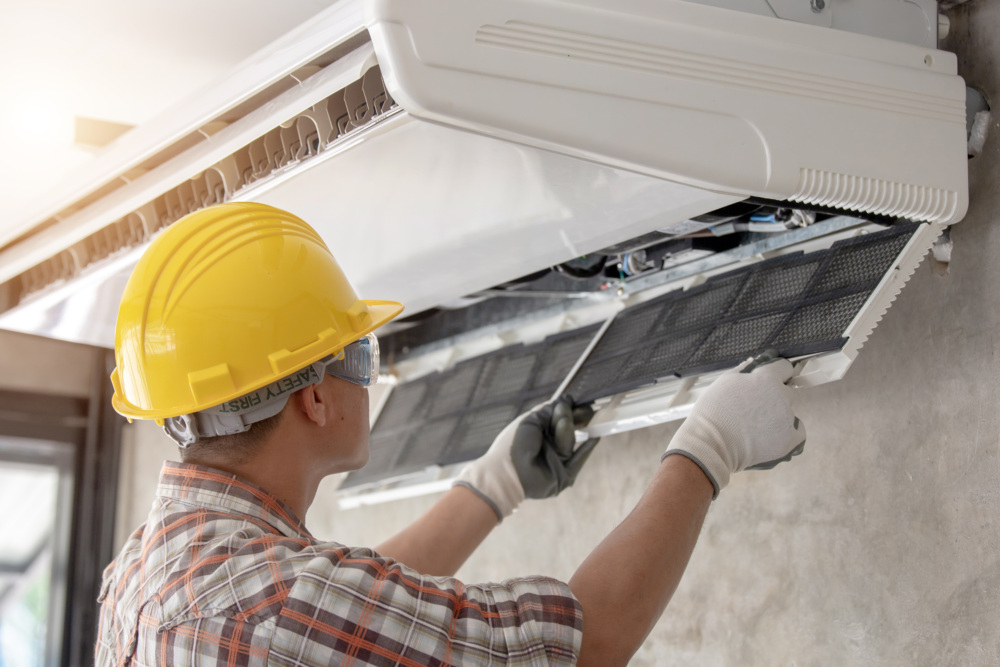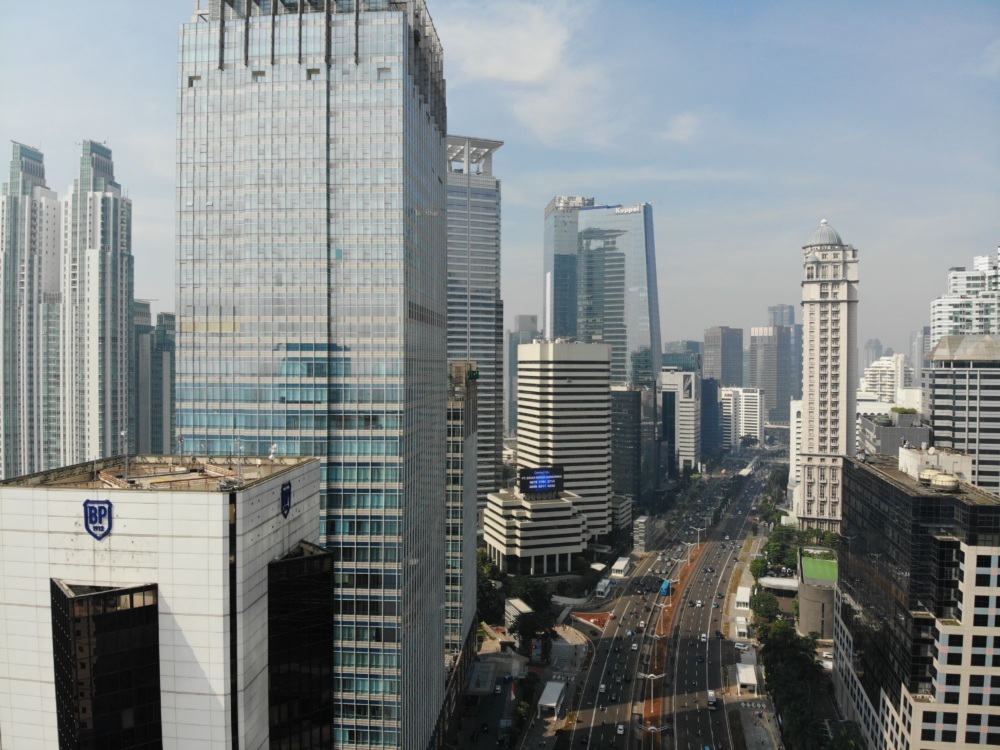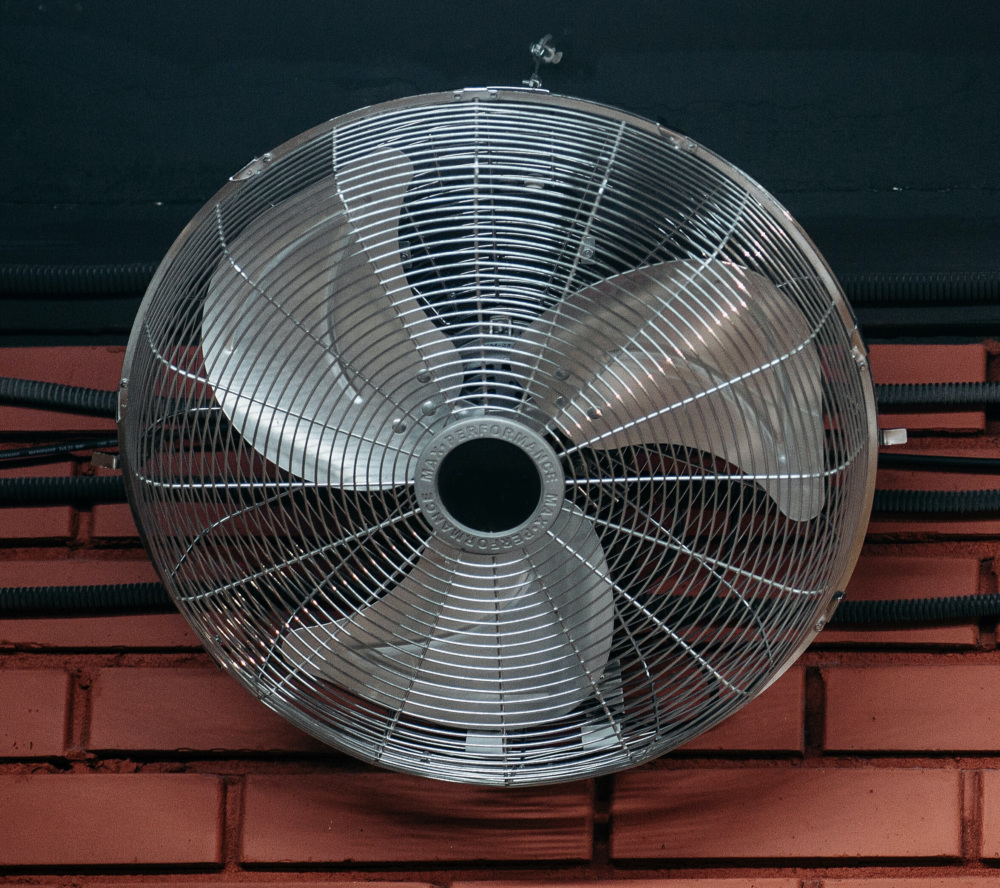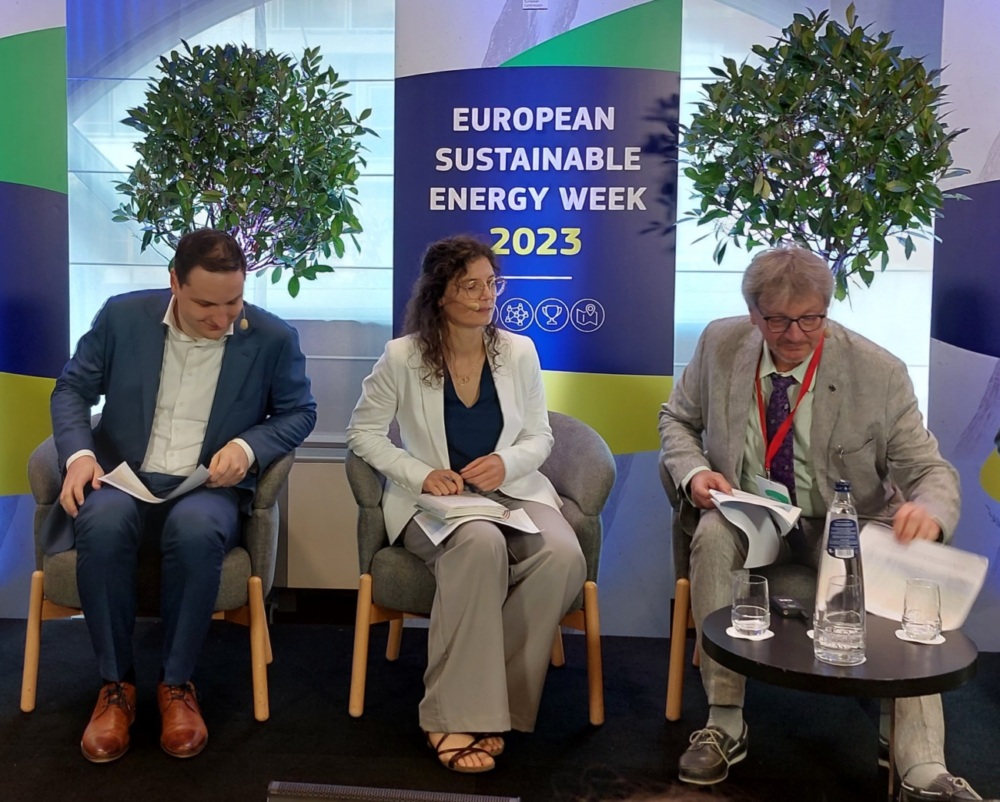Facilitating Industry Inclusive AC Policymaking in Indonesia
As the Indonesian climate reaches unprecedented heat levels, CLASP is supporting plans for a transition to sustainable cooling.
As temperatures rise in the world’s fourth most populous country, so does the demand for air conditioners (ACs). In 2020, CLASP found that ACs are one of Indonesia’s most energy-intensive appliances – without regulation, AC proliferation could exacerbate power supply gaps, stress peak loads, and increase greenhouse gas emissions (GHGs). To ensure that cooling demand can be met sustainably, CLASP brought together industry and government stakeholders to discuss energy efficiency interventions for approximately 129 million units to be manufactured by 2040.
Soaring temperatures leads to a growing demand for cooling
Over the past decade, Indonesia has seen a 0.4 °C. rise in average temperature, now experiencing a regular climate of 27°C and above. Despite a growing need, only 6% of Indonesian households currently have access to ACs.
By 2040, Indonesia is projected to be home to nearly half of all ACs in Southeast Asia – adding around 117 million installed units over the next two decades. To anticipate and plan for this growth, CLASP co-hosted a workshop with the Indonesian Directorate of Energy Conservation and the ASEAN Centre for Energy.
“The workshop convened energy efficiency experts and the Indonesian government to discuss current market information on split air conditioners, the most energy-efficient option on the market,” said Nanik Rahmawati, Program Manager at CLASP Indonesia. “We outlined a plan to further AC efficiency across the country.”
To meet national and regional climate and efficiency targets1, ten countries in Southeast Asia work through ASEAN to update policies and goals every five years. Indonesia is also a member of the Super-Efficient Equipment and Appliances Deployment Initiative (SEAD), which stipulates that air conditioners are a priority appliance and efficiency levels must be doubled to substantially reduce emissions. Under these agreements, Indonesia must spearhead more aggressive cooling efficiency efforts.
Industry-inclusive policymaking
The workshop titled, ‘Forum for Improving AC Energy Efficiency’, aimed to provide an avenue for key players from the AC supply and demand sides to actively engage in the policy drafting process. Over 50 participants from consumers associations, the Association of AC Experts, the Association of Practitioners and Entrepreneurs, NGOs, and governmental agencies. The participants signaled enthusiasm and willingness to participate in the process.
“This workshop was highly productive—we identified stakeholders’ individual capabilities, devised a plan to improve efficiency of ACs, and recognized institutions that could take energy efficiency for cooling products even further,” explained Rahmawati. “These policies are imperative to ensure more equitable cooling access, while limiting GHG emissions.”
Including diverse perspectives will ensure a smooth market transition and mitigate the risk of non-compliance. CLASP’s industry-inclusive process has yielded widespread success across Asia, recently achieving increased efficiency levels for motors and heat pumps in Pakistan. The workshop was supported by the Indonesian Consumers Protection Foundation (YLKI), ClimateWorks Foundation and CLASP.

